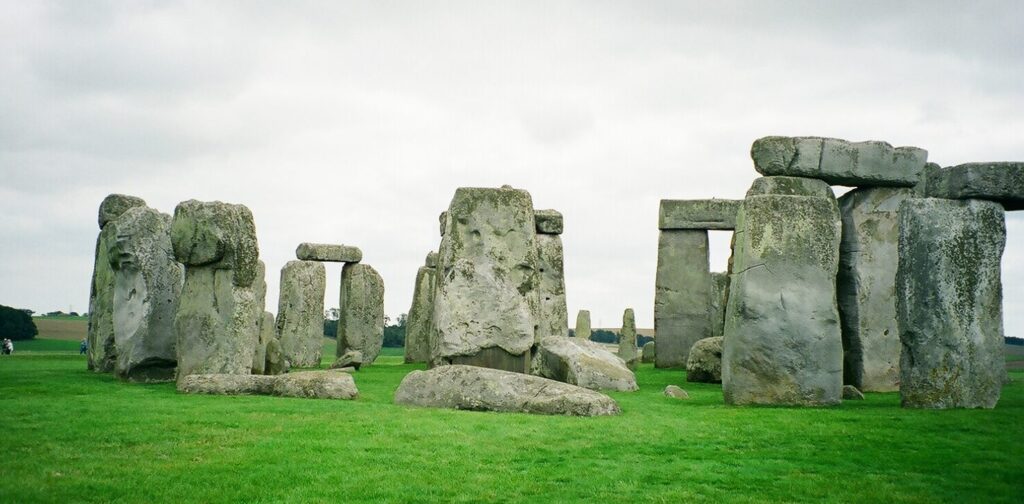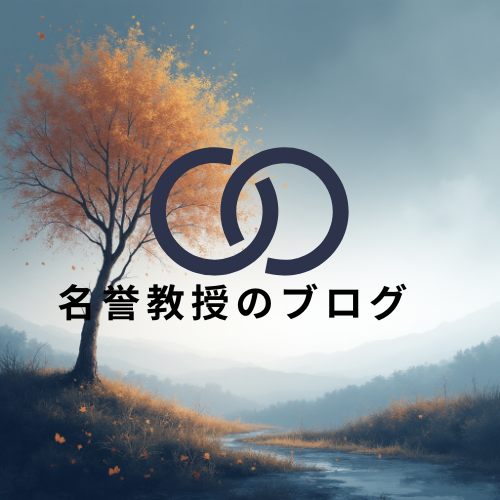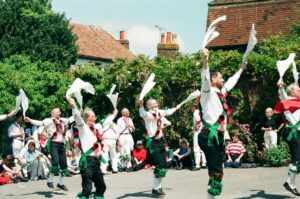有史以前の人々 (People before the dawn of history)

ウィルとシャーにあるストーンヘンジ (Stonehenge in Wiltshire) 先史時代の環状列石 このブログの作成者がイギリス留学中に撮った写真
有史以前の人々のイメージ
私たちの有史以前の人々に対するイメージは、次のようなものである。
Though 'prehistoric' is supposed to refer only to those who lived before writing, its first listed synonym is 'primitive' and the implications are clear: the people who lived 'before the dawn of history' were illiterate savages"
(訳)「有史以前の」という言葉は、文字が発明される前に生きた人々を単に指していると考えられており、最初に挙げられる同意語は「原始時代の」である。その含意は明らかで、「歴史の始まり以前に」生きた人々は、無学の野蛮人である、ということである。
この英文の著者である Cody Cassidy は、フリーランス・ライターで、オレゴン州立大学の出身である。彼の著書 Who Ate the First Oyster? (誰が最初にカキを食べたのか?) (Penguin Random House, 2020) から、2021 年実施の慶應義塾大学 (文学部) の入試問題は作られている。
この文章を書いた理由
Cody Cassidy がこの本を書いた理由はこうである。
The more I learned about prehistoric discoveries, the more I wanted to know the people who made them.
(訳) 私が有史以前の発見について知れば知るほど、それらの発見をした人々のことについて知りたくなった。
有史以前に生きた人々を調査の結果、彼がたどり着いた信念は、次のようなものであった。
"Prehistoric" simply means that their names and stories went unrecorded and nothing more. Their lives were no less remarkable than those who lived afterward and, in at least a few cases, far more so.
(訳)「有史以前の」という言葉は、彼らの名前と物語が記録されていないことを、単に意味しているだけであって、それ以上のものではない。彼らの生活は、後に生きた人々と同じくらい優れたものであり、いくかのケースでは、それよりもっと優れたものである。
女性の乳がんの記録
有史以前の一人の女性が乳がんに罹り、それを医師が記録を残しているが、Cody Cassidy はこれを読んで、次のように決意をする。
I found something touching in the specificity of this ancient woman suffering from this ancient disease. A specificity, and an individuality, that I found lacking in the typical descriptions of ancient "peoples". So I set out to find out about not just humankind's ancient firsts, but also about the people who accomplished them.
(訳) このような昔の病気に罹った古代の女性の特殊性に、私は何か胸に迫るものを見出した。特殊性と個性、それらは古代の「人々」に対してのありがちな表現には欠けていると、私は思っていた。そこで人類が古代に最初にしたことについてばかりではなく、それらを成し遂げた人々についても、何か発見しようとした。
ブログの最初に書いたが、この本の功績は、私たちの偏見を訂正してくれることにある。まだまだ私たちの誤った信念は多くあり、物事をありのままに見ることは、かなり時間がかかりそうである。これからは「古代の人々」という言葉を聞いても、ぼんやりと全体を考えるのではなく、特殊性と個性も浮かんでくるのではないかと思う。


